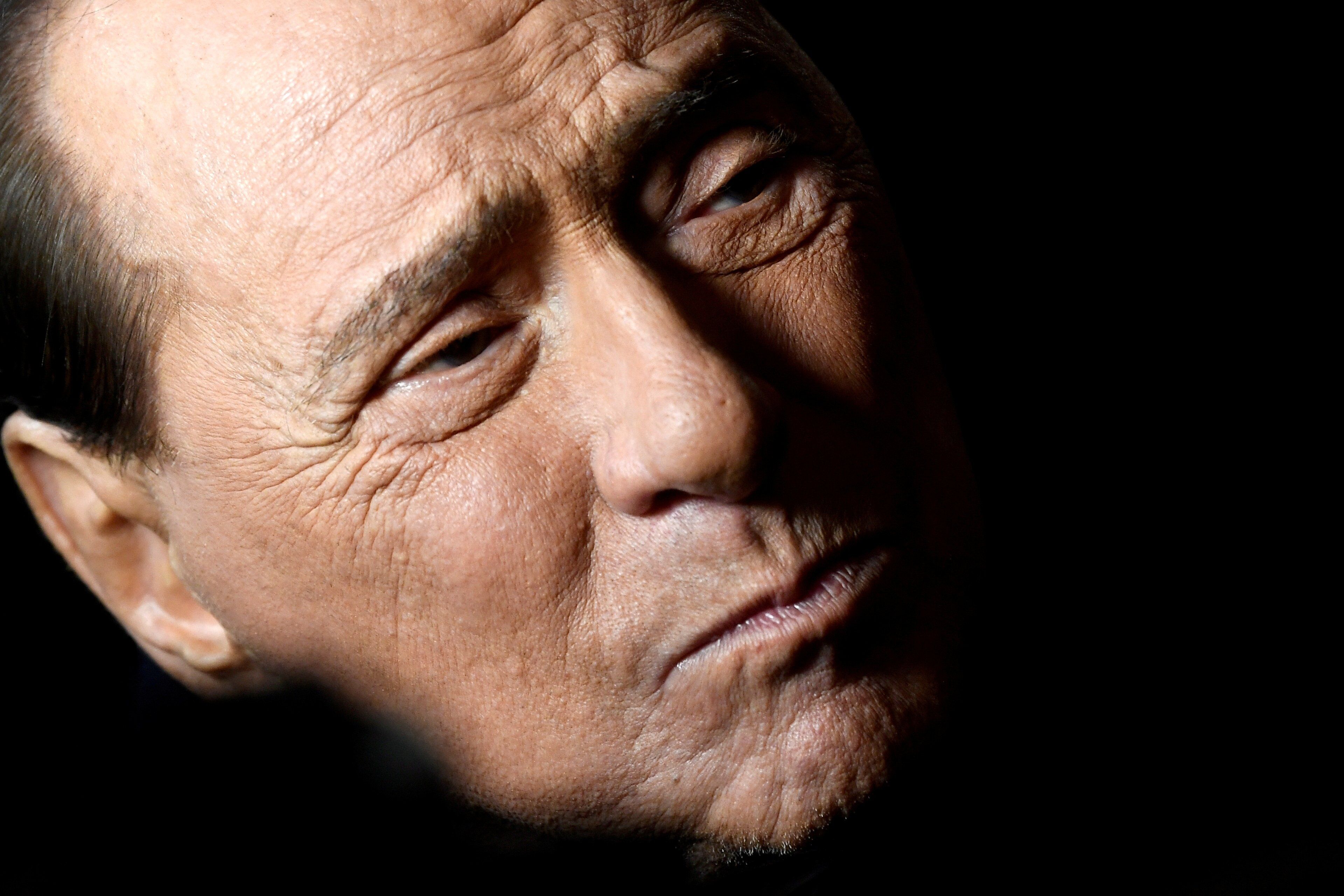On Monday, Silvio Berlusconi, Italy's longest-serving prime minister, died at age 86. Il Cavaliere (The Knight) finally succumbed to the chronic leukemia that kept him out of the limelight for the past few months.
It's hard to overstate the influence Berlusconi has had on Italian politics since he burst onto the scene in the 1990s. That's when Berlusconi leveraged his immense wealth, media empire, and ownership of the successful AC Milan soccer club to get himself elected to the top job with his Forza Italia Party, a precursor of the right-wing populist forces that rule Italy today. His first premiership lasted less than a year in 1994-1995, but he won it again twice more in 2006-2008 and 2008-2011.
To his critics, Berlusconi wrote the playbook for future world leaders on defying political norms and avoiding accountability for abusing power. Despite a whopping 19 indictments filed against him — for crimes ranging from corruption, tax fraud, and bribery, to underage prostitution at his famous "bunga bunga" booze-fueled parties — Berlusconi was only convicted once for tax evasion in 2013 and never spent a day behind bars. He got away with the rest thanks to amnesties or statutes of limitations.
But to his fans, Berlusconi was a shrewd businessman and wily statesman who elevated Italy to the world stage. And he certainly demonstrated an uncanny ability to navigate Italy's deeply fragmented political system to remain relevant until his death.
Berlusconi's death won't undermine the stability of Italy's right-wing coalition government led by Giorgia Meloni. (The current PM once served as his cabinet minister, but the two have been at odds over Berlusconi's controversial support for Vladimir Putin.)
"Forza Italia, the most junior member of the coalition, is heavily dependent on Berlusconi’s brand and wealth, so the party will likely fizzle out over time," says Eurasia Group analyst Federico Santi. "Now, the fight begins among right-wing parties over who inherits Berlusconi’s political legacy and following."
For the moment, Santi adds, "Meloni is best placed to play this role, and Berlusconi's death is likely to further strengthen her hand."
